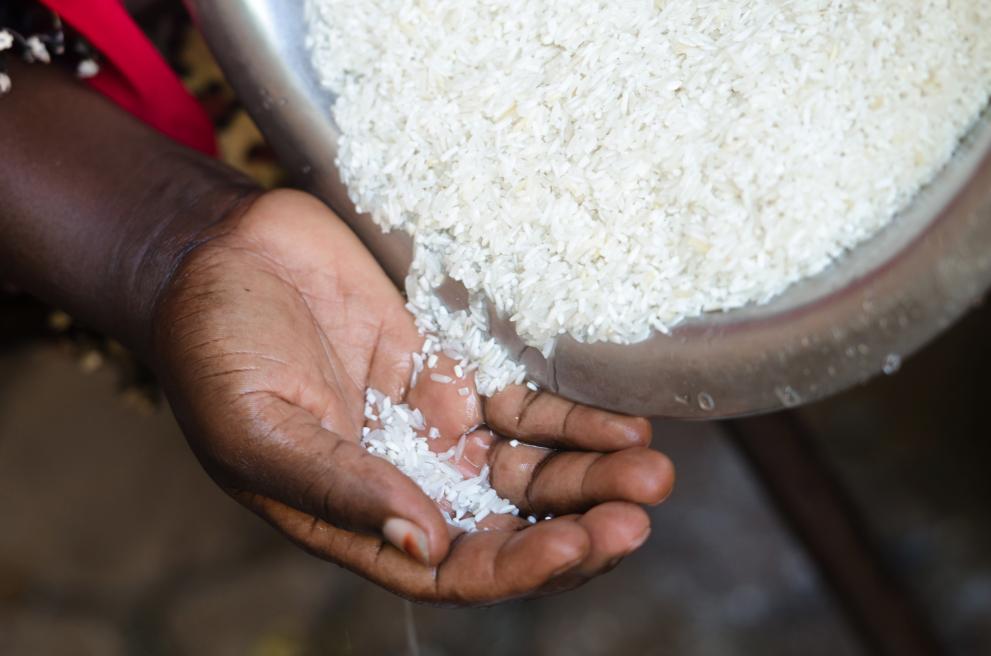
A recently published JRC report provides a quantitative assessment of policy options for the agricultural sector in the second phase of the Emerging Senegal Plan (ESP) and corresponding Priority Action Plan (PAP), which covers the period 2019-2023.
Prepared in cooperation with the Food and Agriculture Organization's Monitoring and Analysing Food and Agricultural Policies (MAFAP) programme, the report assesses the impact of five budget allocation scenarios on performance targets put forward by the ESP. These scenarios include targeting public expenditure on
(i) agricultural research and extension,
(ii) input subsidies,
(iii) irrigation infrastructure,
(iv) rural transport infrastructure, and
(v) rural education and rural health.
Each scenario is simulated using a recursive dynamic Computable General Equilibrium (CGE) model tailored to the Senegalese context. This model is calibrated to a Social Accounting Matrix (SAM) built by the JRC with a disaggregated agricultural sector, a regional breakdown and a Home-Production-for-Home-Consumption concept which can better address food and nutrition security challenges.
Plan for an Emerging Senegal
The Emerging Senegal Plan (ESP) or Plan Sénégal Emergent (PSE), officially adopted in 2012, is Senegal's strategy for economic and social policy in the medium (2023) and long term (2035), designed to accelerate Senegal's progress towards emerging market status.
Based on three pillars (economic transformation, well-being and good governance), the ESP is implemented via 5-year Priority Action Plans (PAPs), the first of which covered the period 2014-2018. This report makes policy recommendations for the second PAP, covering the period 2019-2023.
Recommendations
Based on the analysis, the report makes three key government recommendations:
- Rebalance public spending on input subsidies between farms.
- Pursue the current trend of allocating spending to public goods, especially rural roads.
- Consider the impact of education and health spending on overall growth.
Further information
- JRC Science for Policy Report: Allocations budgétaires optimales et options de réformes pour le secteur agricole dans le Plan Sénégal Emergent 2019-2023
- DataM interactive infographics: Allocations budgétaires optimales et options de réformes pour le secteur agricole dans le Plan Sénégal Emergent 2019-2023
- FAO-MAFAP Highlight: Validation workshop of the study on the optimal allocation of agricultural budget for the 2019-2023 phase of “Plan Senegal Emergent”
- Emerging Senegal Plan (ESP) / Plan for an Emerging Senegal (PES)
- EU Delegation in Senegal
- JRC Technical Report: Matrice de comptabilité sociale désagrégée de l'économie sénégalaise en 2014
- JRC Workshop on CGE Modelling of National Policies on Economics and Agriculture of Senegal
Related Content
JRC Science for Policy Report: Allocations budgétaires optimales et options de réformes pour le secteur agricole dans le Plan Sénégal Emergent 2019-2023
DataM interactive infographics: Allocations budgétaires optimales et options de réformes pour le secteur agricole dans le Plan Sénégal Emergent 2019-2023
FAO-MAFAP Highlight: Validation workshop of the study on the optimal allocation of agricultural budget for the 2019-2023 phase of “Plan Senegal Emergent”
Emerging Senegal Plan (ESP) / Plan for an Emerging Senegal (PES)
JRC Technical Report: Matrice de comptabilité sociale désagrégée de l'économie sénégalaise en 2014
JRC Workshop on CGE Modelling of National Policies on Economics and Agriculture of Senegal
Details
- Publication date
- 26 February 2019
